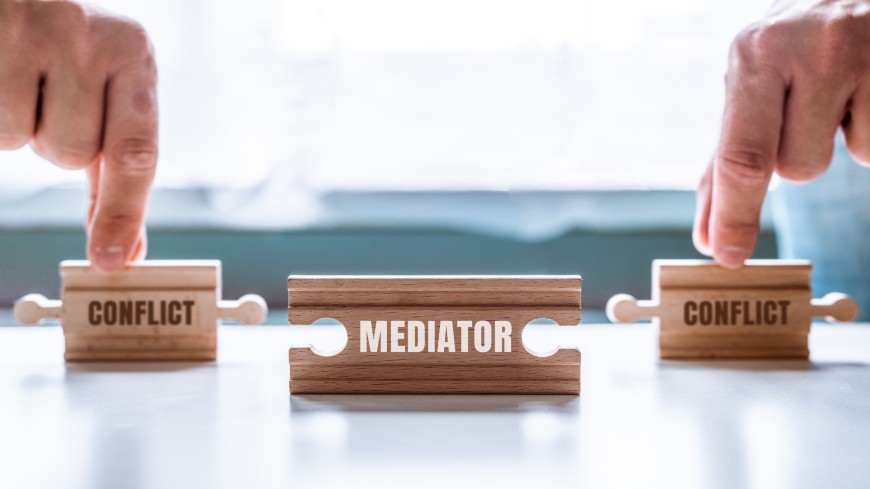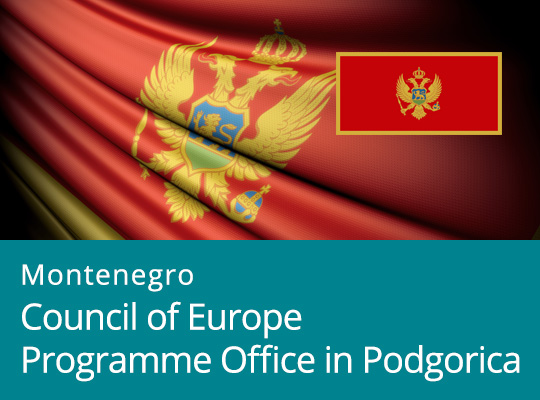Mediation is an alternative dispute resolution method whereby a neutral person (mediator) guides communication between the disputing parties and, by using special knowledge and skills, assists in negotiations aimed at reaching an agreement which resolves their dispute. Through this process, citizens are enabled to seek solutions to their disputes in a less formal way, in a private and confidential setting, with the help of a qualified neutral party- mediator.
In previous years, initiatives emerged towards greater quality control of mediation. International legal instruments developed under the auspices of the European Union and the Council of Europe emphasised a need for a more effective provision of mediation services and set up recommendations for national legal systems to adopt and improve quality control mechanisms in the field of mediation.
Having in mind that the new Law on Alternative Dispute Resolution, which was adopted in July 2020, increased the scope of mediation and accentuated mediators' accountability, the European Union and the Council of Europe provided support to the Centre for Alternative Dispute Resolution to develop the methodology for evaluating the work of mediators. The draft methodology was discussed at the online workshop which gathered 51 participants, including representatives of the management of the Centre for Alternative Dispute Resolution, Council of Europe consultant and members of the national Association of Mediators of Montenegro.
The workshop was organised under the action “Accountability and professionalism of the judicial system in Montenegro” which is part of the European Union and Council of Europe joint programme “Horizontal Facility for the Western Balkans and Turkey 2019-2022”.




